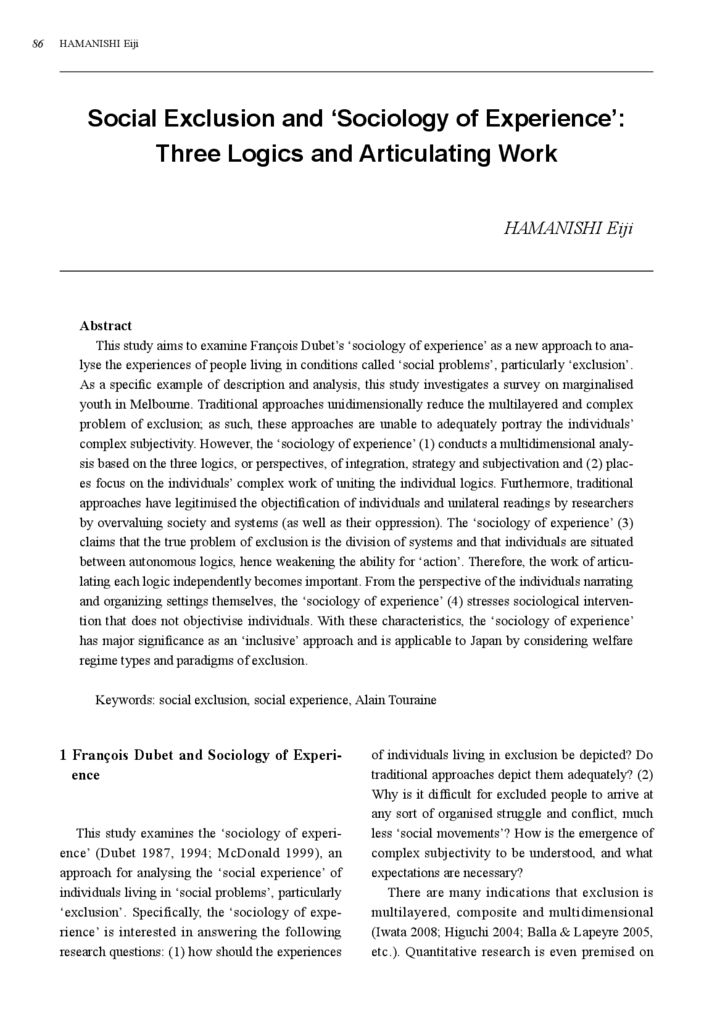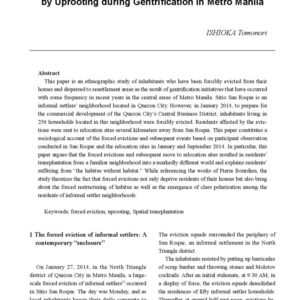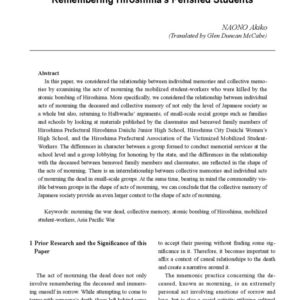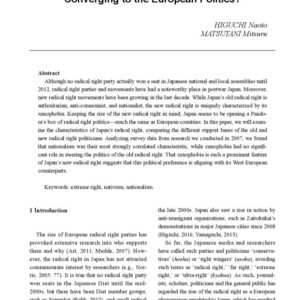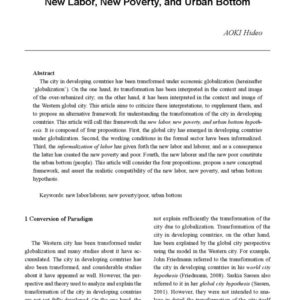Description
This study aims to examine François Dubet’s ‘sociology of experience’ as a new approach to analyse the experiences of people living in conditions called ‘social problems’, particularly ‘exclusion’.
As a specific example of description and analysis, this study investigates a survey on marginalised youth in Melbourne.
Traditional approaches unidimensionally reduce the multilayered and complex problem of exclusion; as such, these approaches are unable to adequately portray the individuals’ complex subjectivity.
However, the ‘sociology of experience’ (1) conducts a multidimensional analysis based on the three logics, or perspectives, of integration, strategy and subjectivation and (2) places
focus on the individuals’ complex work of uniting the individual logics. Furthermore, traditional approaches have legitimised the objectification of individuals and unilateral readings by researchers by overvaluing society and systems (as well as their oppression).
The ‘sociology of experience’ (3) claims that the true problem of exclusion is the division of systems and that individuals are situated between autonomous logics, hence weakening the ability for ‘action’. Therefore, the work of articulating each logic independently becomes important.
From the perspective of the individuals narrating and organizing settings themselves, the ‘sociology of experience’ (4) stresses sociological intervention that does not objectivise individuals. With these characteristics, the ‘sociology of experience’ has major significance as an ‘inclusive’ approach and is applicable to Japan by considering welfare regime types and paradigms of exclusion.

